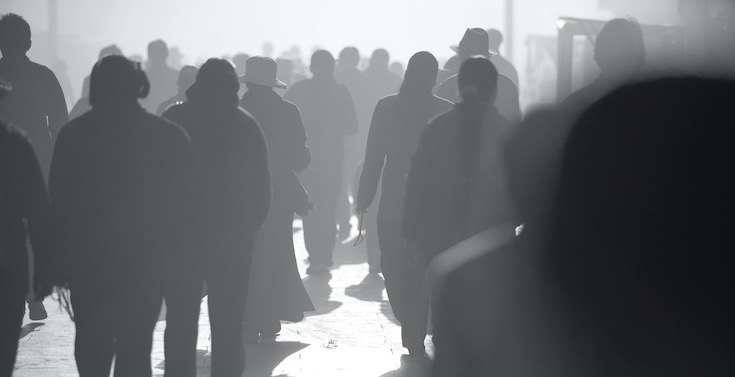 "It is my impression that there will be a good deal of psychological sweeping up to do after the dust has settled."
"It is my impression that there will be a good deal of psychological sweeping up to do after the dust has settled."Mental Health Practitioner, Nicola Freeman, outlines how her team have had to adapt and overcome to keep services afloat with the arrival of the Coronavirus pandemic.
Topics covered in this article
Frequently changing directives
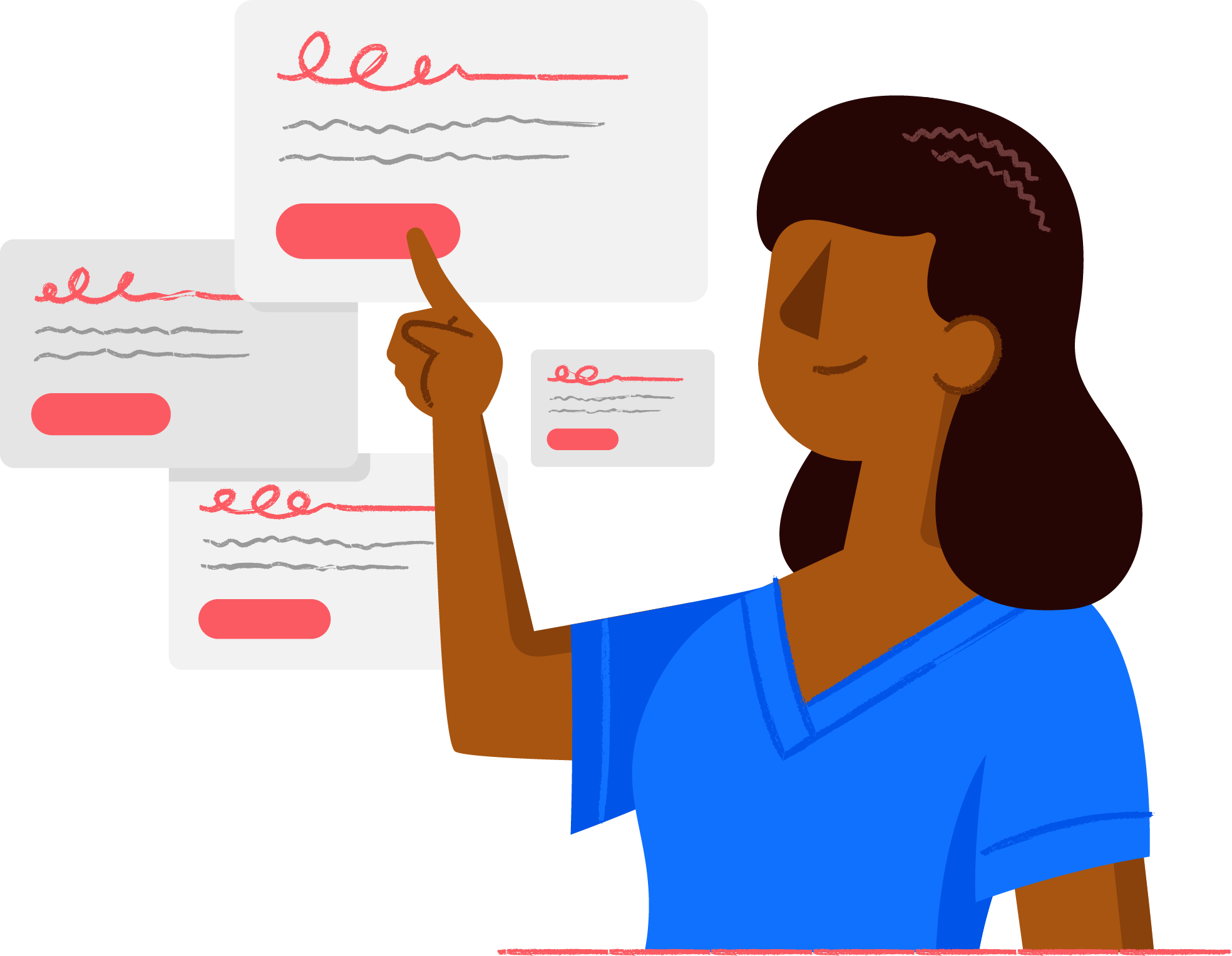
Search Jobs
1000s of jobs for Nurses & Care Professionals. No.1 for UK nursing, care & healthcare jobs.
Search JobsIntroduction
The onset of the Covid 19 virus has thrown all traditional practice into flux.
Initially as the story and clinical picture started to unfold, I was uncertain how it may affect us within our mental health teams.
However it rapidly became clear, that we would have an integral role in assisting our general nursing / medical colleagues, to keep the mental health show on the road and to work creatively by doing even more, to help divert mental health patients away from the ED doors.
Frequently changing directives
It is reasonable to say that we were in a crisis of our own for a short period, as the clinical direction and initiatives from above changed daily.
As quick as a clinical management plan was written and implemented, it was out of date.
Directives to immediately reduce visits, minimise staff in the office, wear PPE and above all “don’t catch it” cascaded a wave of fear and worry throughout the team.
However it also galvanised us and continues to do so.
My observations of our team were of a group of people that immediately rallied and acknowledged what was required of them in respect of our patients and each other.
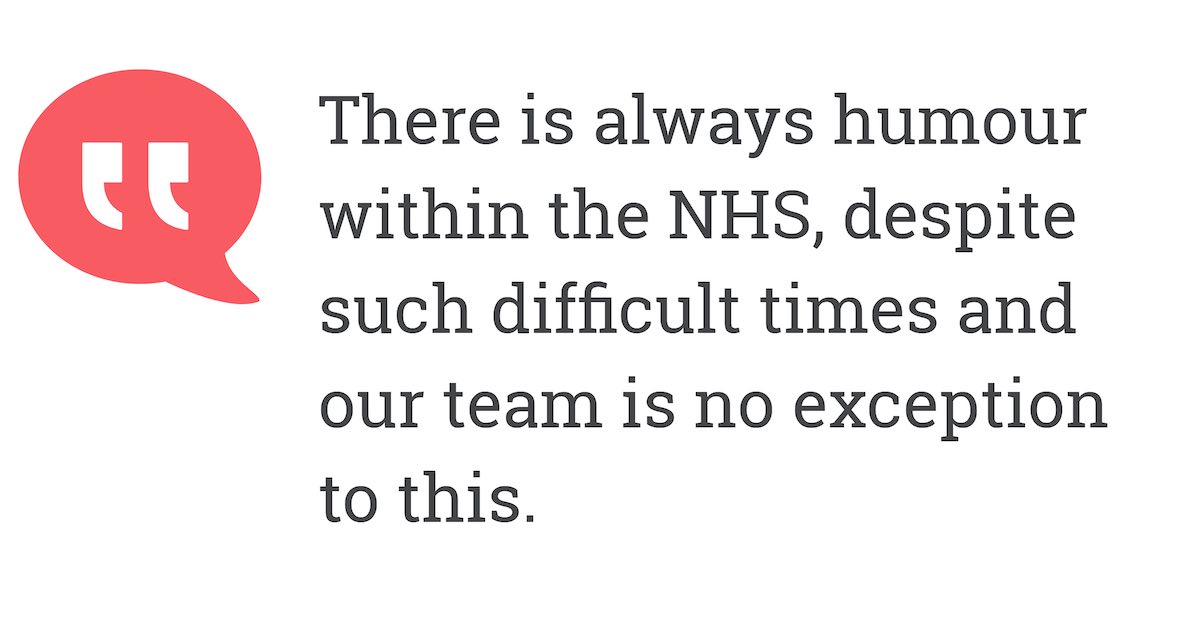
There is always humour within the NHS, despite such difficult times and our team is no exception to this.
Out and about in a bright yellow rubber raincoat (my own) with an accompanying equally bright yellow face mask (all we could get our hands on), has amused my colleagues for some time and I’m certain our patient had a little chuckle too during our visit.
I was possibly seen as a little over cautious but that was in the early days, when it was all a little unfamiliar and uncertain.
Please be in no doubt we take it very seriously, the need for adequate PPE now and have become expert in the donning and doffing our kit.
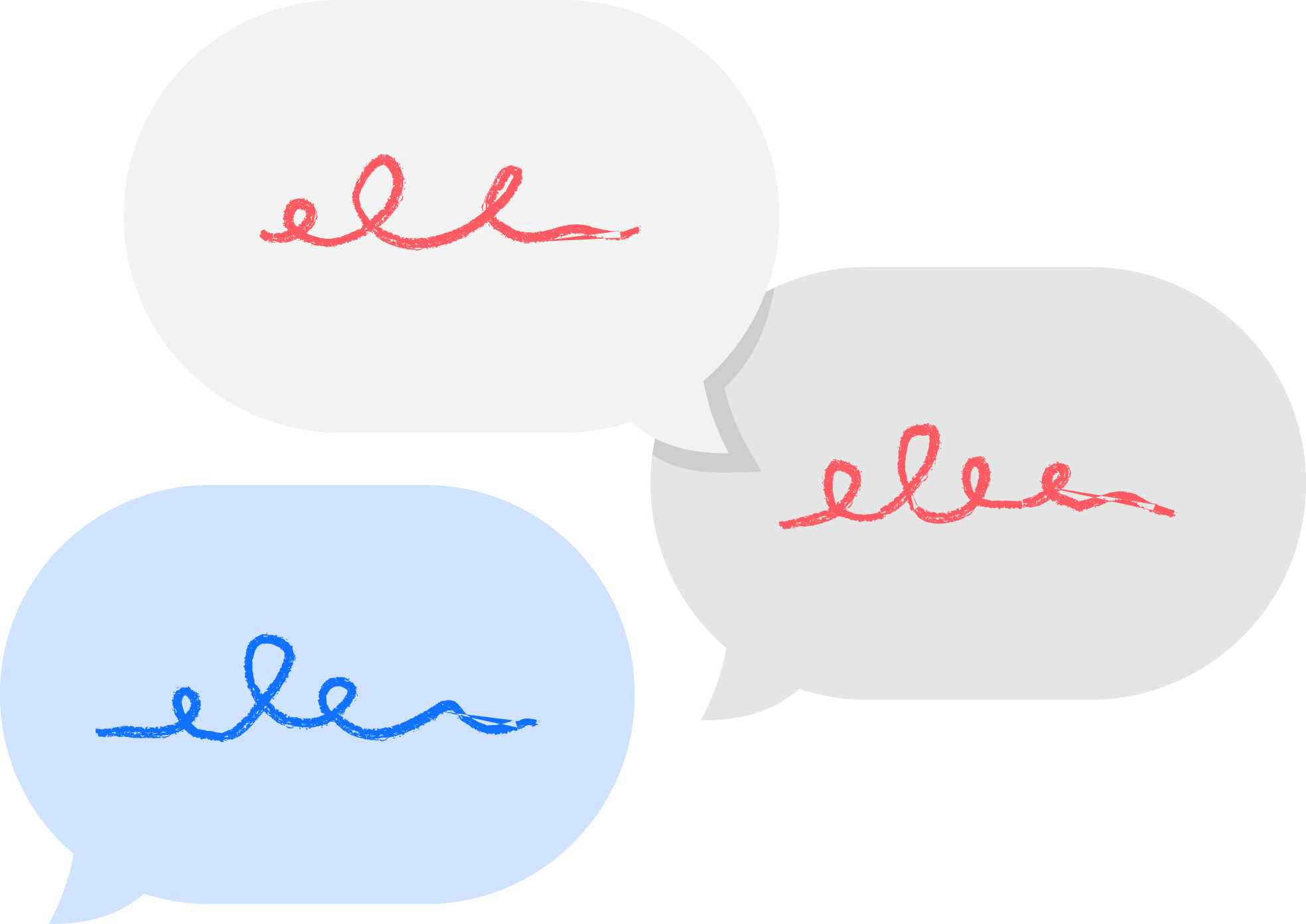
What Do You Think?
Ask questions, comment and like this article below! Share your thoughts, add your opinion in the comments below.
CommentForced to change
Change in a NHS environment is historically difficult to implement and new innovative way of working can be met with a degree of reluctance.
I am sure this can be said for many organisations and professions, we get used to doing things in a certain way.
But with COVID 19 we were forced into a position of change and had to quickly configure news ways of working.
Our patients still needed to be reviewed, risks need to be monitored, mental state needed to be explored and our patients needed their treatment.
Above all our patients needed to feel safe.
We were immediately given the opportunity to undertake training for video conferencing with patients.
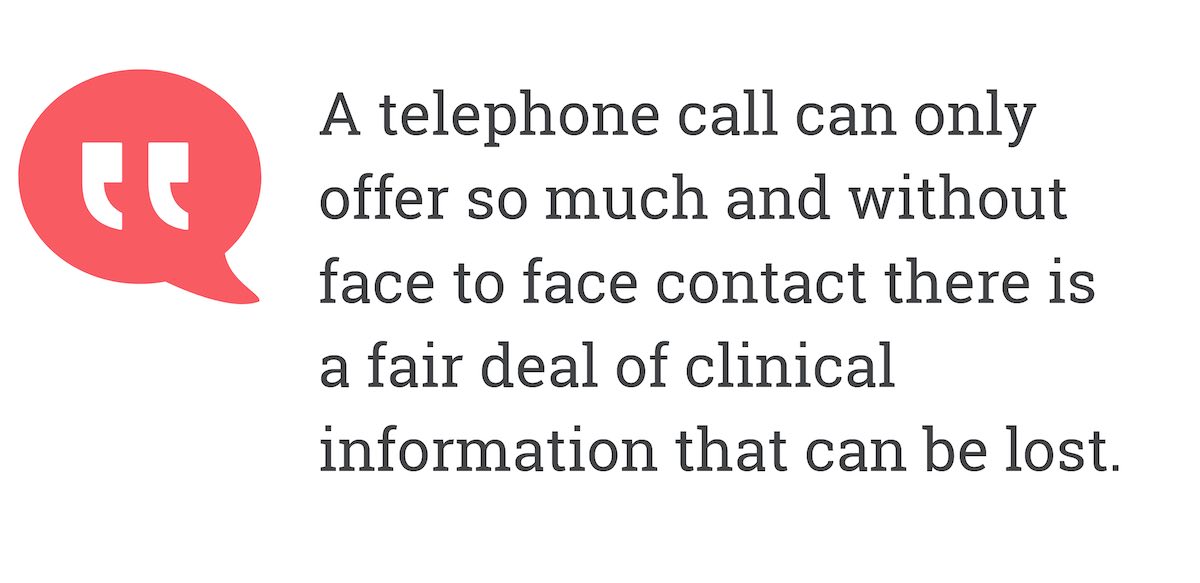
A telephone call can only offer so much and without face to face contact there is a fair deal of clinical information that can be lost.
The thought of doing something similar to facetiming a patient, was met with equal fear as the requirement to don a bright yellow PPE facemask, but once all glitches ironed out, we were able to use this technology to virtually enter someone’s home and offer face to face interaction without the fear of spreading the virus.
I have recently developed some mild symptoms and had to self-isolate.
I am now, for next 7 days working from home.
The use of video conferencing means that we can all connect as a team.
Staff that remain in the office of course have to maintain distance, which means the need to work separately in different rooms.
But video conferencing keeps us together.
I am staggered at how quickly we all adapted to this new way of working.
Psychological sweeping up
In summary, the virus might have caught us all unaware and unprepared, but from what I can see, not only from within the team I represent, but the national picture also, we are a group of people that have clearly adapted and are working to overcome the unprecedented challenges that currently face us and that lie ahead.
In our team we have reconfigured ourselves and for now remain stable in terms of our caseload management.
However we are in no doubt that we need to brace ourselves.
It is my impression that there will be a good deal of psychological sweeping up to do after the dust has settled.
Not only for our patients but also in support of our general nursing / healthcare colleagues of which we are incredibly proud.






About this contributor
Mental Health Practitioner and Occupational Therapist
I work within a Mental Health Home Treatment / Crisis team and have done so for the last 15 years. At present I am undertaking advanced clinical practice study to develop my consulting and clinical skills.
More by this contributorWant to get involved in the discussion?
Log In Subscribe to comment